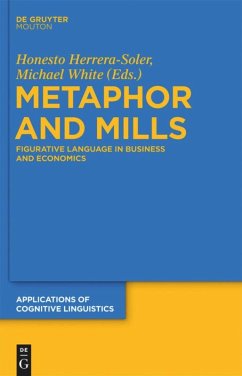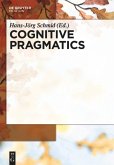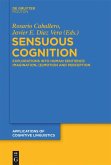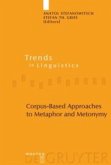While the role of metaphor in economics and business has produced multiple research articles, no comprehensive book-length study has yet appeared. The present book is a timely attempt to fill this gap, giving a global coverage of the role of metaphor in business and economics. It spans time (from Classical Greece to the current business network meeting-room), space (from Europe through the Americas to Asia), cultures and languages (from continental European languages, Brazilian Portuguese to Chinese).
The theoretical grounding of the book is the Conceptual Theory of Metaphor taken in a dynamic sense as evolving with on-going research. The theory is thus used, adapted and refined in accordance with the evidence provided. Metaphor is shown to be theory constitutive in the elaboration of economic thinking down through the ages while, at the same time, the emphasis on evidence open to historical, cross-cultural and cross-linguistic considerations align with the current notion of situatedness.
The book is a rich source of information for researchers and students in the fields of Metaphor Studies, Economics, Discourse Analysis, and Communication Studies, among others.
The theoretical grounding of the book is the Conceptual Theory of Metaphor taken in a dynamic sense as evolving with on-going research. The theory is thus used, adapted and refined in accordance with the evidence provided. Metaphor is shown to be theory constitutive in the elaboration of economic thinking down through the ages while, at the same time, the emphasis on evidence open to historical, cross-cultural and cross-linguistic considerations align with the current notion of situatedness.
The book is a rich source of information for researchers and students in the fields of Metaphor Studies, Economics, Discourse Analysis, and Communication Studies, among others.








